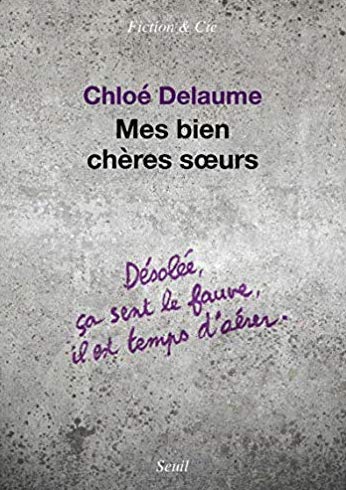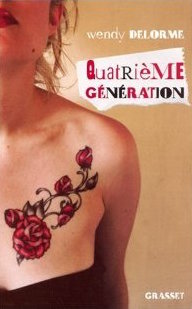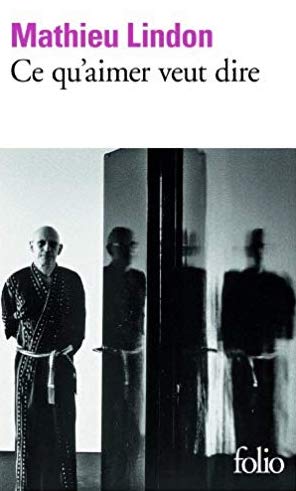Sex and Sexuality in Contemporary French Writing
| Module Code: FR357 |
|---|
| Module Name: Sex and Sexuality in Contemporary French Writing |
| Module Coordinator: Professor Oliver Davis |
| Term 1 |
| Module Credits: 15 |
Module description
In this module we explore a selection of contemporary French literary and essayistic texts which attempt to come to terms with different aspects of sex, sexuality and gender identity in the modern world. We begin the term with an introductory session which outlines some of the key social, cultural and historical context and introduces some key terminology and concepts by leading feminist thinkers, cultural critics and queer theorists.
- The first core text we read is Mathieu Lindon's retrospective account of the time he spent in the late 1970s and early 80s in the lively entourage of French philosopher and 'grandfather' of queer theory, Michel Foucault. Lindon's book is simultaneously a reflection on his difficult relationship, as a gay man, with his own father, the celebrated publisher Jérôme Lindon, and a reflection on what one could call queer kinship, in which 'recreational' drug (ab)use figures prominently.
- Our second text, by queer activist, pornographer and performer Wendy Delorme is a fast-paced, witty and poignant narrative of trans* subjectivities and queer polyamorous relationships, set alternately in Paris and San Francisco. We analyse the book alongside a selection of theoretical and practical assessments of polyamorous relationships and selected work in transgender theory.
- Guillaume Dustan's largely celebratory account of his sexual exploits in Paris's gay 'ghetto', le Marais, in the mid-late 1990s allows for further reflection on the idea of gay/queer kinship and community by way of contrast with Lindon and Delorme.
- Then we move on to Chloé Delaume’s polemical essay from 2019, which surveys and contributes to the renewal of feminism in France in the wake of the #MeToo movement and develops a contemporary conception of ‘viral’ sisterhood as a new weapon in the struggle against patriarchy.
Please note that these texts contain very 'graphic' depictions variously of sex, prostitution, sexual violence and 'recreational' drug (ab)use. While the approach we take to these issues aims to be both sensitive and academically rigorous at all times, if you think you may find engaging with such material difficult then you would be best advised not to choose this module. Please also note that all of the primary material for this module is in French and little of it has been translated; your French must be good enough to grapple with it in the original language.
You will have the opportunity to write a formative essay for this module and will get feedback on it; the last session is an essay-writing workshop which will allow you to get peers' and the tutor's feedback on your essay at the crucial planning stage. You will be required to devise your own essay title and submit this for approval before starting work on writing the essay.
Core reading
- Mathieu Lindon, Ce qu'aimer veut dire (2011) [Please buy the Folio edition pictured on the right of this page]
- Wendy Delorme, Quatrième Génération (2007)
- Guillaume Dustan, Dans ma chambre (1996) [Please buy the 2013 POL collected edition entitled Œuvres I, which contains this text among others]
- Chloé Delaume, Mes bien chères sœurs (2019)
Assessment
One 3000-3250-word essay (90%) and seminar participation (10%).
Mode of delivery
This module will be delivered in 2023-4 as one weekly two-hour teaching slot in the relevant term, involving a mix of lecture and seminar activities. A condensed version of the lecture content will be available on the Moodle page after the session. The quality of your participation in seminar discussion will be assessed.




